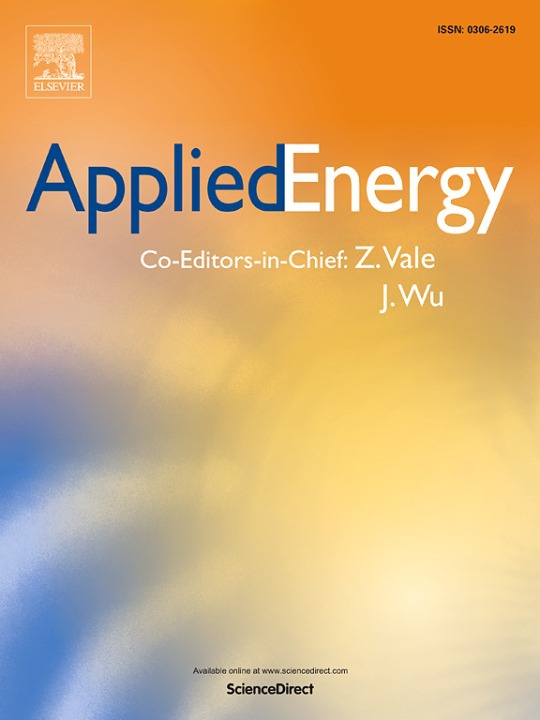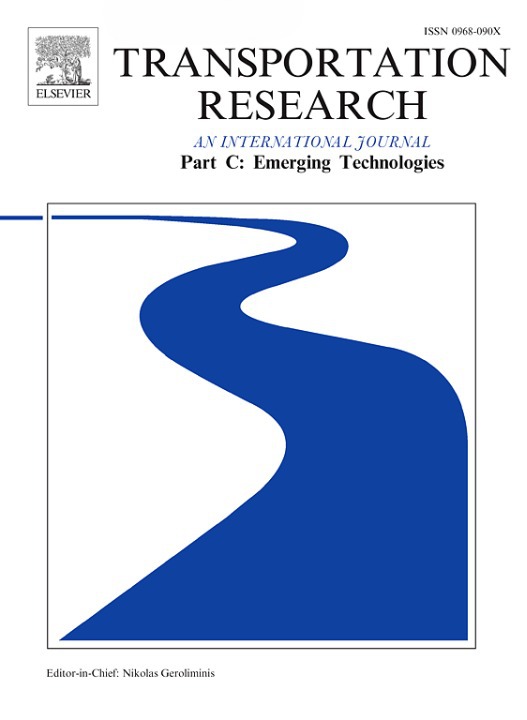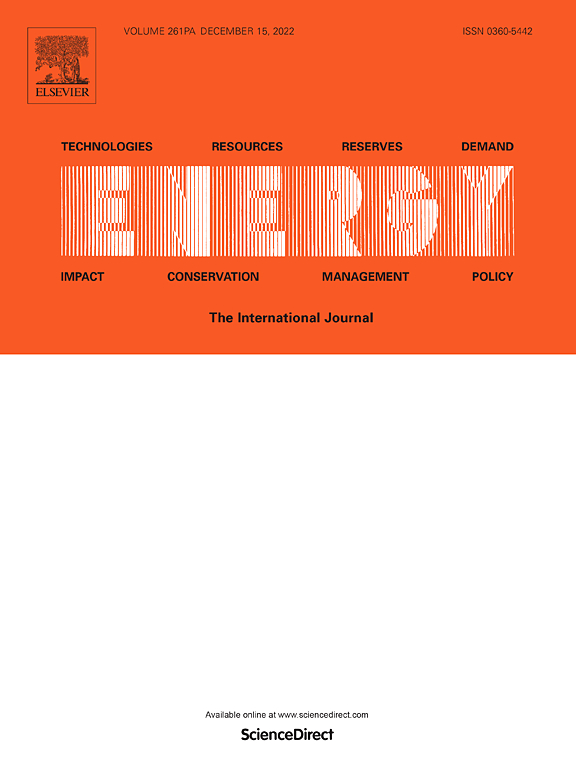Knowledge Hub
In Battery Technologies: Materials and Components, distinguished researchers Dr. Jianmin Ma delivers a comprehensive and robust overview of battery technology and new and emerging technologies related to lithium, aluminum, dual-ion, flexible, and biodegradable batteries.
This book is unique in providing extensive data on specific battery types, manufacturers and suppliers, as well as covering the theory - an aspect of the book which makes an updated edition important for every professional's library.
Evaluation of E-Scooters as Transit Last-Mile Solution
2022
Author(s): Zuniga-Garcia N, Tec M, Scott JG, Machemehl RB
In this study, the authors consider the problem of modeling the interaction of e-scooters and bus transit services and provide an overview of e-scooter trips and user characteristics. The authors use a revealed-preference survey to evaluate e-scooter usage in one of the highest-demand areas in the City of Austin, corresponding to a university campus.

A Rapid Capacity Evaluation of Retired Electric Vehicle Battery Modules Using Partial Discharge Test
2022
Author(s): Ahmeid M, Muhammad M, Lambert S, Attidekou PS, Milojevic Z
This paper aims to introduce a practical sorting method that entails using incremental capacity, equivalent circuit model, and manipulated coulomb counting to evaluate the total capacity of retired battery modules based on partial discharge profile.

An Empirical Study on Consumer Motives and Attitude Towards Adoption of Electric Vehicles in India: Policy Implications for Stakeholders
2022
Author(s): Sahoo D, Harichandan S, Kar SK, Sreejesh S
The present study empirically investigates the motives behind users’ attitude formation, behavioural intention, and word of mouth towards electric vehicles. An online survey was conducted among Indian youths currently using or potentially using electric vehicles.

A Hybrid Big-Data-Based and Tolerance-Based Method To Estimate Environmental Benefits of Electric Bike Sharing
2022
Author(s): Liu Y, Tian Z, Pan B, Zhang W, Liu Y, Tian L
This research has established a set of methods to use the data of existing docked bike-sharing systems to pre-estimate the emission reduction effects of a docked electric bike-sharing system that will be built in the future.
Electric motorcycle charging infrastructure road map for Indonesia
2022
Author(s): Asian Development Bank
This report examines how Indonesia can spur a shift to electric motorcycles by developing its motorcycle charging infrastructure.

On the Integration of Battery Electric Buses Into Urban Bus Networks
2022
Author(s): Dirks N, Schiffer M, Walther G
The authors introduce an integrated modeling approach to determine a cost-optimal, long-term, multi-period transformation plan for integrating battery electric buses into urban bus networks. This model connects central strategic and operational decisions.

How to Support EV Adoption: Tradeoffs Between Charging Infrastructure Investments and Vehicle Subsidies in California
2022
Author(s): Ledna C, Muratori M, Brooker A, Wood E, Greene D
Optimal strategies to accelerate EV adoption must weigh the relative value of alternative policy mechanisms to consumers, including public charging infrastructure and vehicle purchase subsidies. The authors use a historically validated light-duty vehicle consumer choice tool, the ADOPT model, to simulate personal light-duty vehicle adoption and related emissions in California.

Measuring the Equity Impacts of Government Subsidies for Electric Vehicles
2022
Author(s): Caulfield B, Furszyfer D, Stefaniec A, Foley A
This study investigates the characteristics of the private EV household charger population using a regression model and spatial analysis to determine the influences of income, car ownership, and economic status on EV take-up rates.



